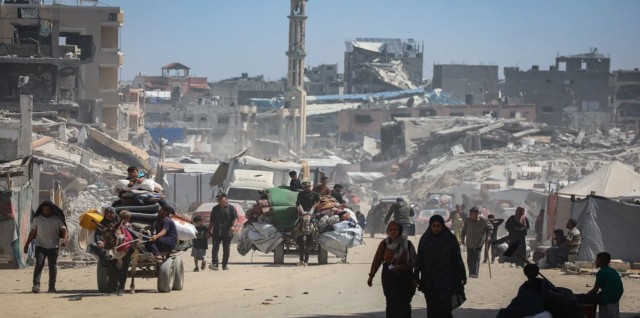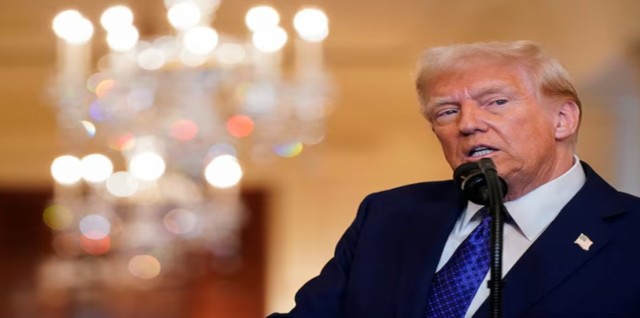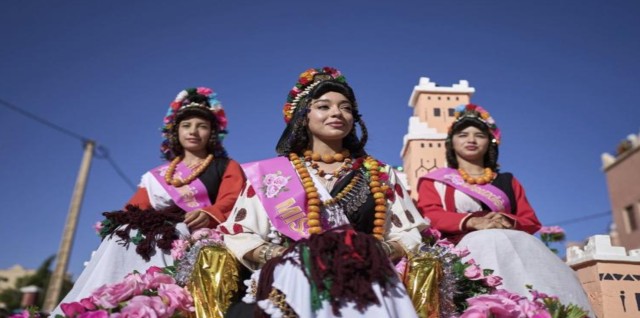
Police used tear gas to disperse protesters in Abuja on August 1, 2024, during a demonstration about the rising cost of living in Nigeria. AP Photo
In Nigeria, a serious situation has emerged as twenty-nine children face the possibility of the death penalty for taking part in protests against the country’s escalating cost of living. The children, aged between 14 and 17, were brought to court on Friday, where four of them collapsed from exhaustion before they could even enter a plea.
The legal troubles began when a total of seventy-six protesters were charged with multiple offences, including treason, property damage, public disturbance, and mutiny. These charges come amid growing frustration among Nigerians over the severe cost-of-living crisis that has sparked several mass protests in recent months. In a particularly tragic incident in August, at least twenty people lost their lives, and hundreds more were arrested during a demonstration that demanded better opportunities and jobs for young people.
In Nigeria, the death penalty has been on the books since the 1970s, but no executions have occurred since 2016. Legal expert Akintayo Balogun emphasized that the Child Rights Act prohibits subjecting children to criminal trials and death sentences. “Taking minors before a federal high court is wrong unless the government can prove they are all over 19 years old,” he stated.
The court did grant bail to the defendants at a cost of 10 million naira (about $5,900) each but imposed strict conditions that they have yet to fulfill. Marshal Abubakar, the lawyer representing some of the minors, voiced concerns about their treatment. “A country that should be educating its children is punishing them instead. These kids have been detained for ninety days without food,” he pointed out.
Yemi Adamolekun, the executive director of Enough is Enough, a civil society organization advocating for good governance in Nigeria, criticized the government's decision to prosecute children. “The chief justice of Nigeria should be ashamed, especially as a woman and a mother,” she remarked, highlighting the injustice of the situation.
Despite Nigeria being one of Africa's top crude oil producers, it remains one of the poorest countries in the world. Chronic corruption is rampant, and the lifestyles of government officials starkly contrast with those of the average citizen. Medical professionals often strike for better wages, and the wealth of politicians, frequently accused of corruption, is among the highest in Africa. Even the president's wife enjoys luxuries funded by taxpayers, despite her role not being outlined in the constitution.
Nigeria's population, which exceeds 210 million, is the largest in Africa and one of the hungriest globally. The government has struggled to generate jobs, and the inflation rate has soared to a 28-year high, while the local naira currency has plummeted in value against the dollar.
On Thursday, Nigeria was classified as a "hotspot of very high concern" in a report from United Nations food agencies, indicating that a significant number of people are experiencing or expected to experience critical levels of acute food insecurity in the country. The combination of economic turmoil, political corruption, and social unrest has led to dire consequences for many Nigerians, particularly the youth who are standing up for their rights.















